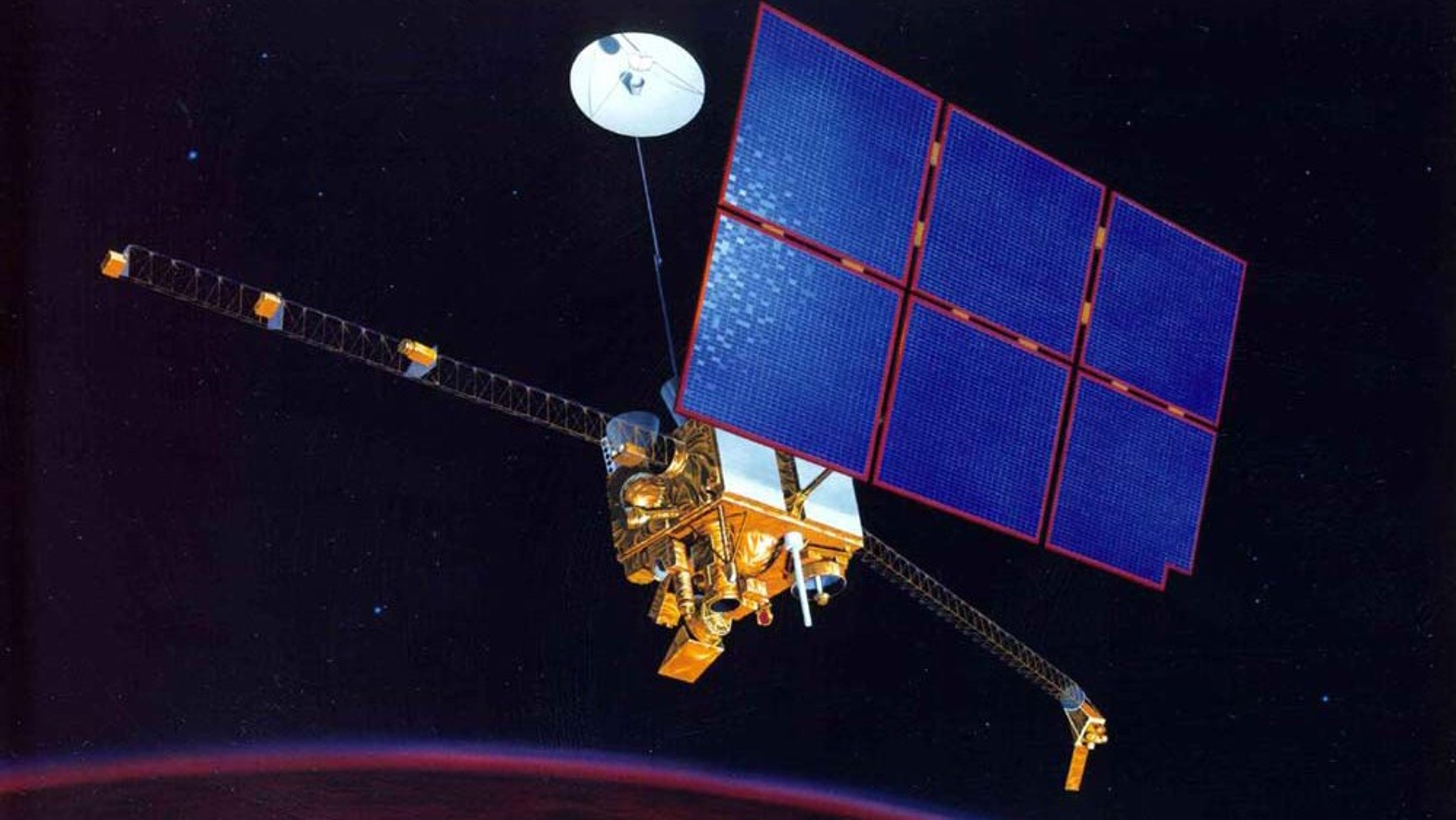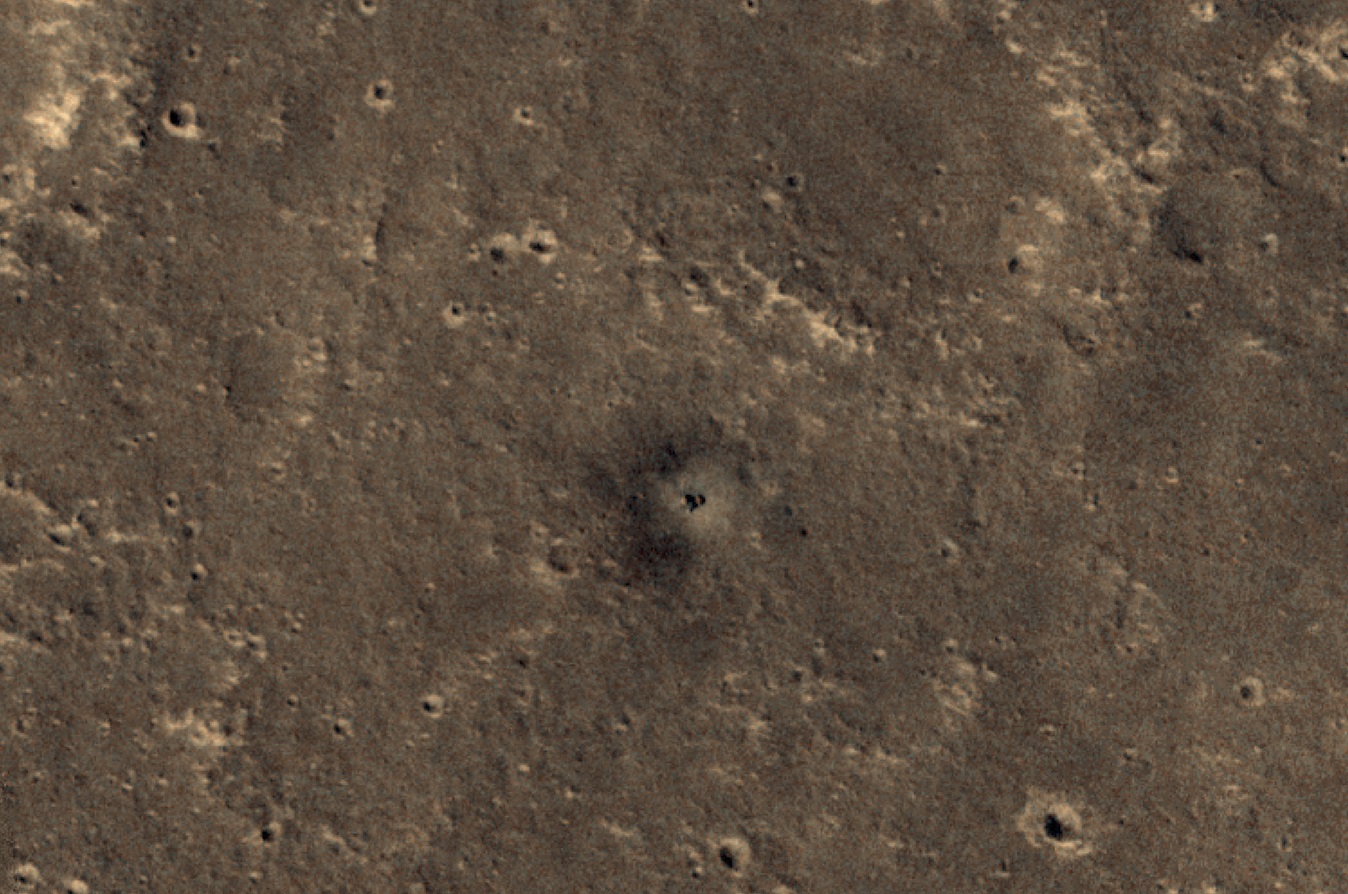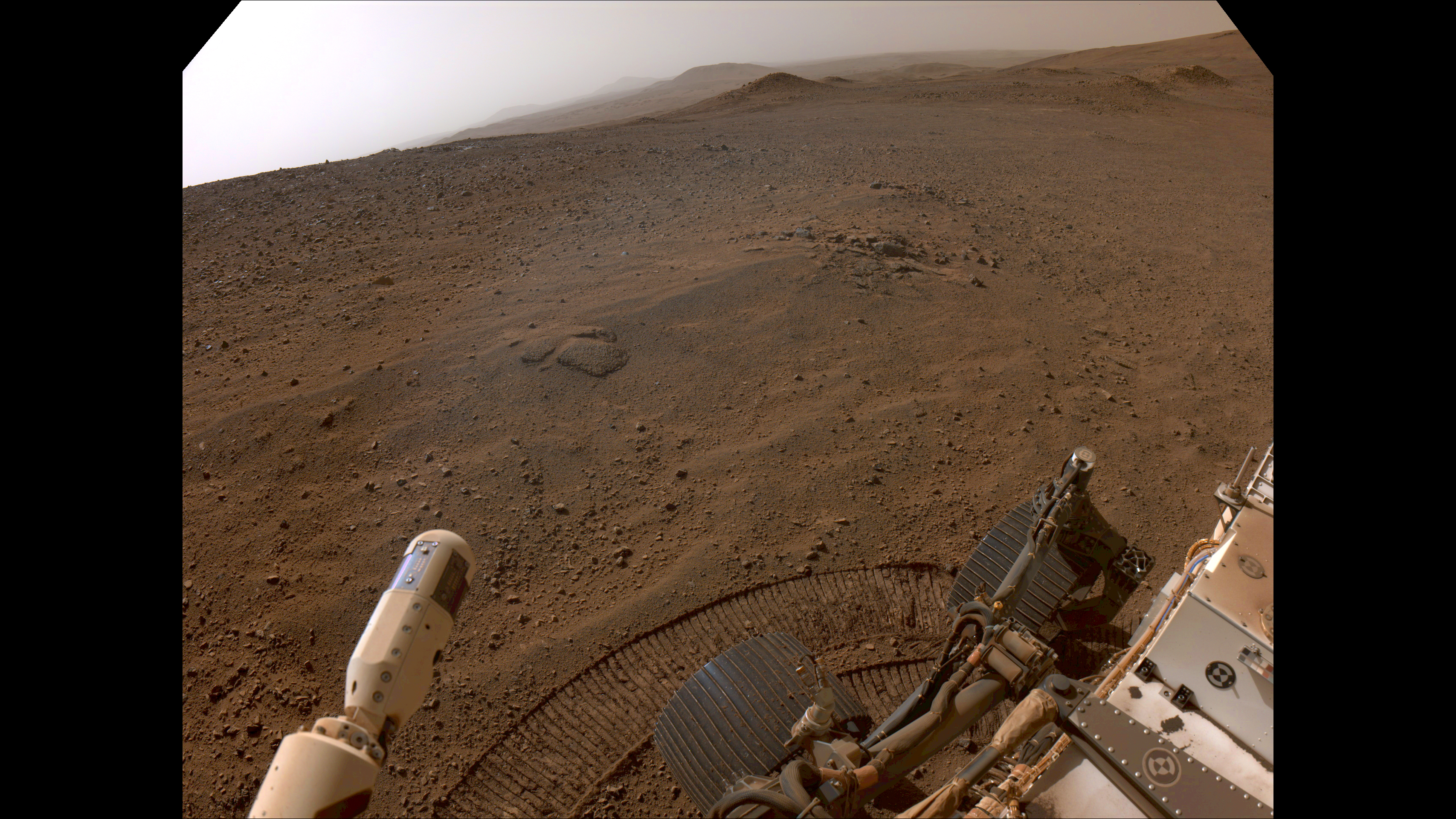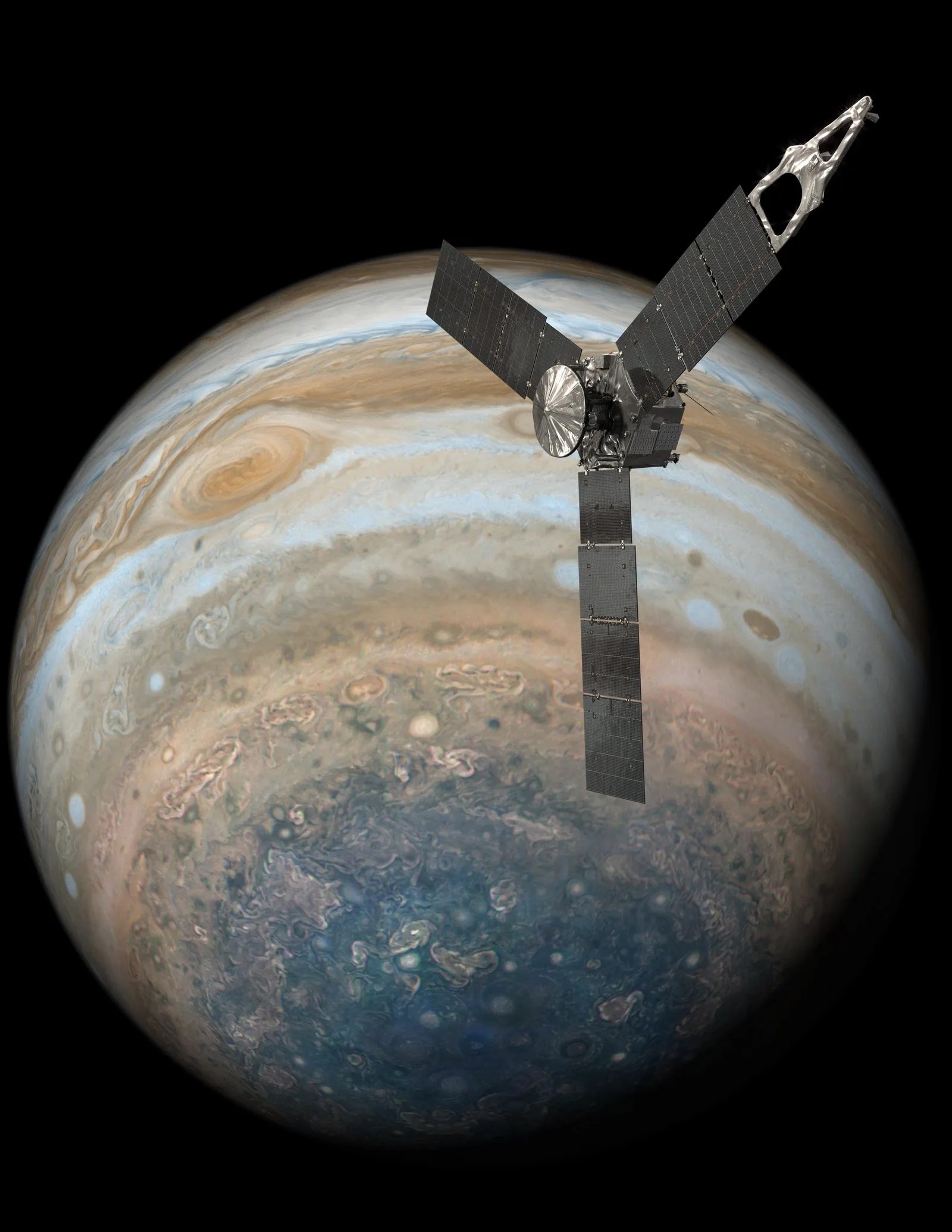Mars Observer
past Mission
Type
Orbiter
Launch
Sept. 25, 1992
Target
Mars
Objective
Take high-resolution photos of Mars
After a 17-year gap since its last mission to the Red Planet, the United States launched Mars Observer on Sept. 25, 1992. The spacecraft was based on a commercial Earth-orbiting communications satellite that had been converted into an orbiter for Mars. The payload of science instruments was designed to study the geology, geophysics, and climate of Mars. The mission ended with disappointment on Aug. 22, 1993, when contact was lost with the spacecraft shortly before it was to enter orbit around Mars. Science instruments from Mars Observer were reflown on two other orbiters, Mars Global Surveyor and 2001 Mars Odyssey.

An illustration of NASA's Mars Observer spacecraft.
Credit: NASA
Spacecraft | Mars Observer |
Mission Type | Orbiter |
Spacecraft Mass | 2,244 pounds (1,018 kilograms) |
Launch Vehicle | Titan III (CT-4) |
Launch Site | Cape Canaveral, Florida / Space Launch Complex-40 |
Scientific Instruments | 1. Mars Observer Camera (MOC) 2. Thermal Emission Spectrometer (TES) 3. Pressure Modulator Infrared Radiometer (PMIRR) 4. Mars Observer Laser Altimeter (MOLA) 5. Magnetometer/Electron Reflectometer (MAG/ER) 6. Gamma Ray Spectrometer (GRS) 7. Radio Science Experiment (RS) 8. Mars Balloon Relay Receiver (MBR) |
Key Dates
Launch Date: Sept. 25, 1992
End of Mission: Aug. 22, 1993, communication lost prior to orbit insertion
Mars Stories
Keep Exploring









